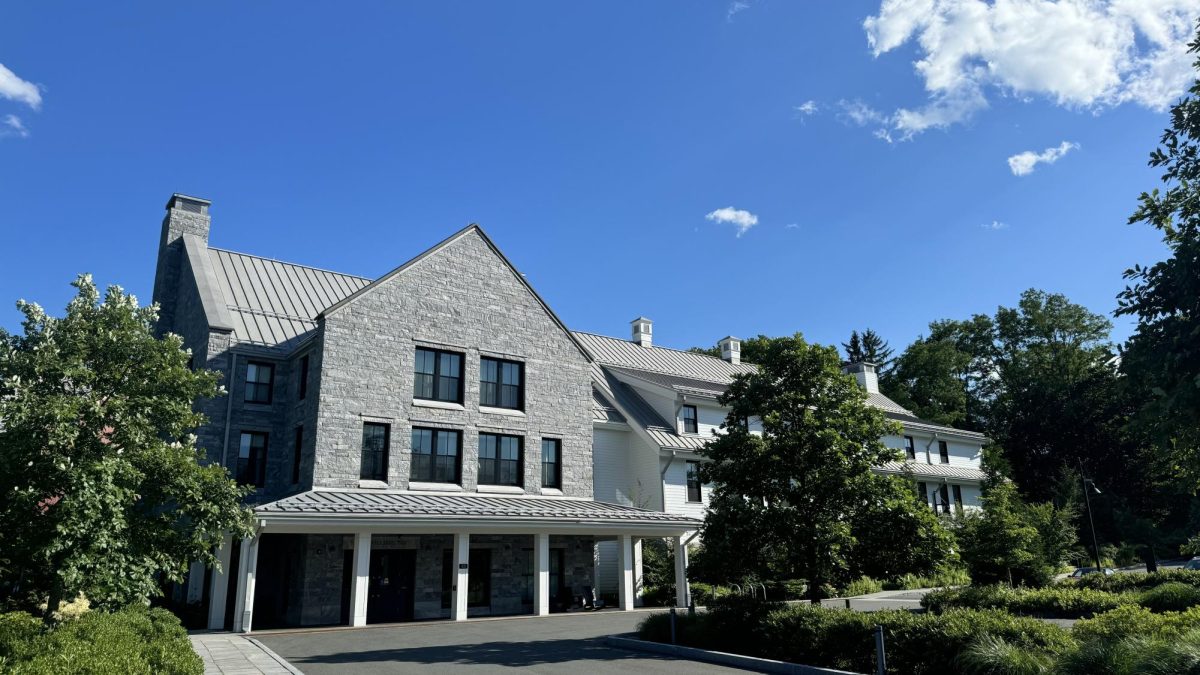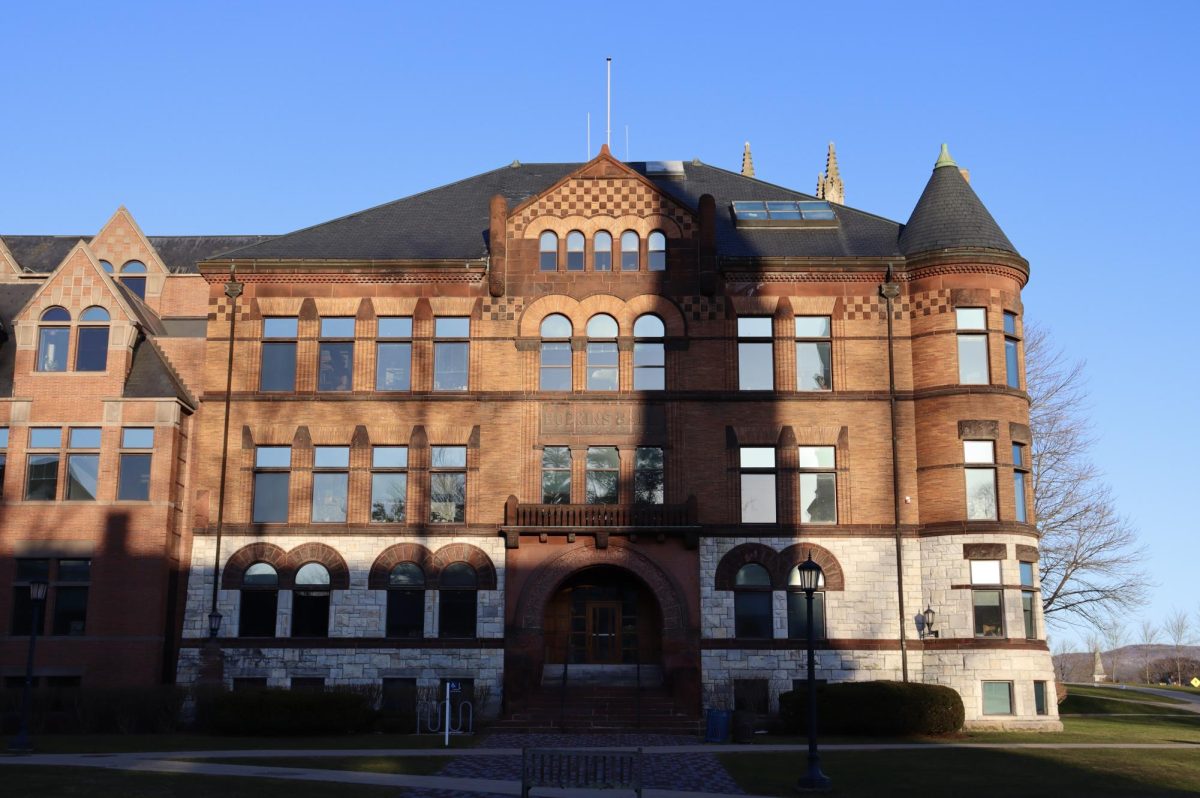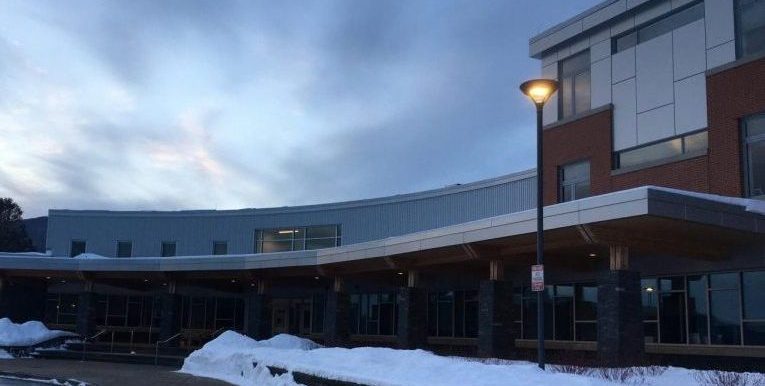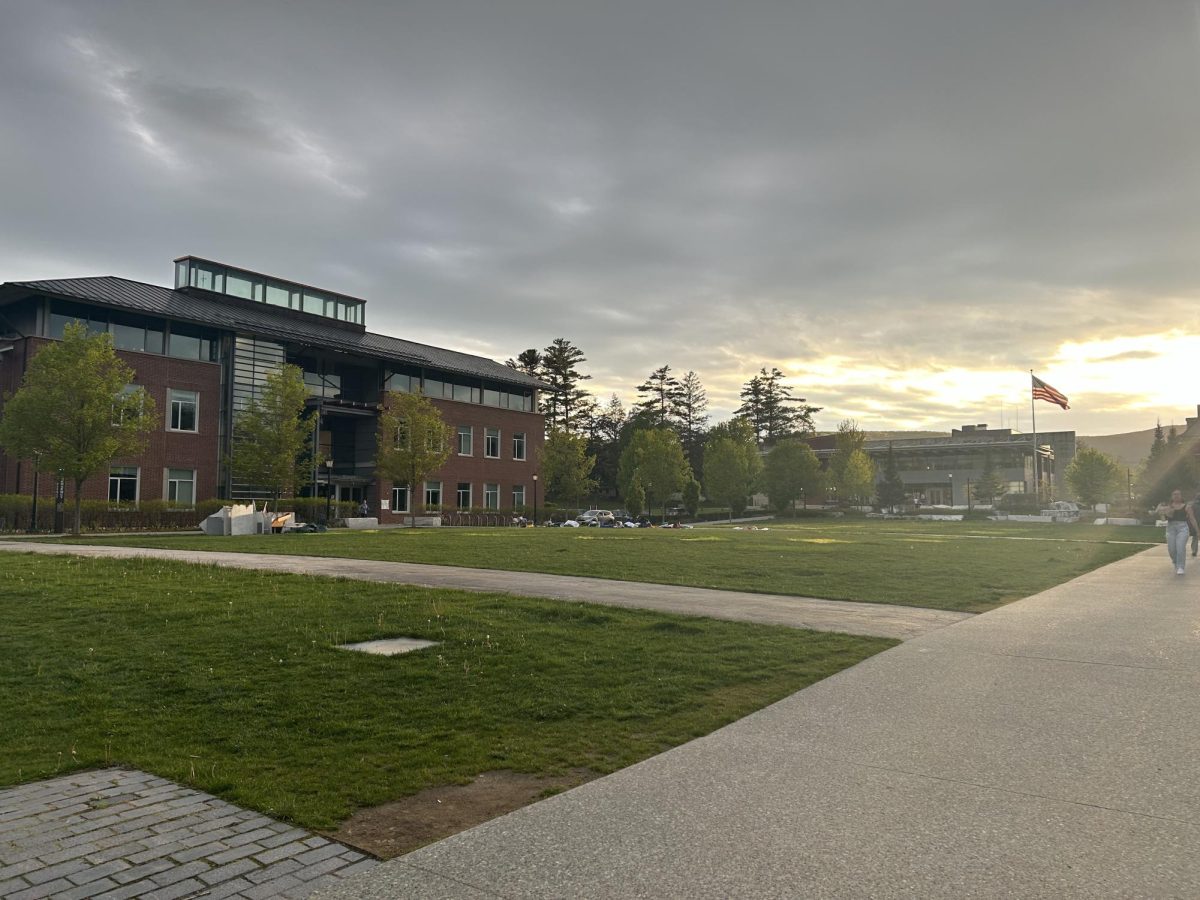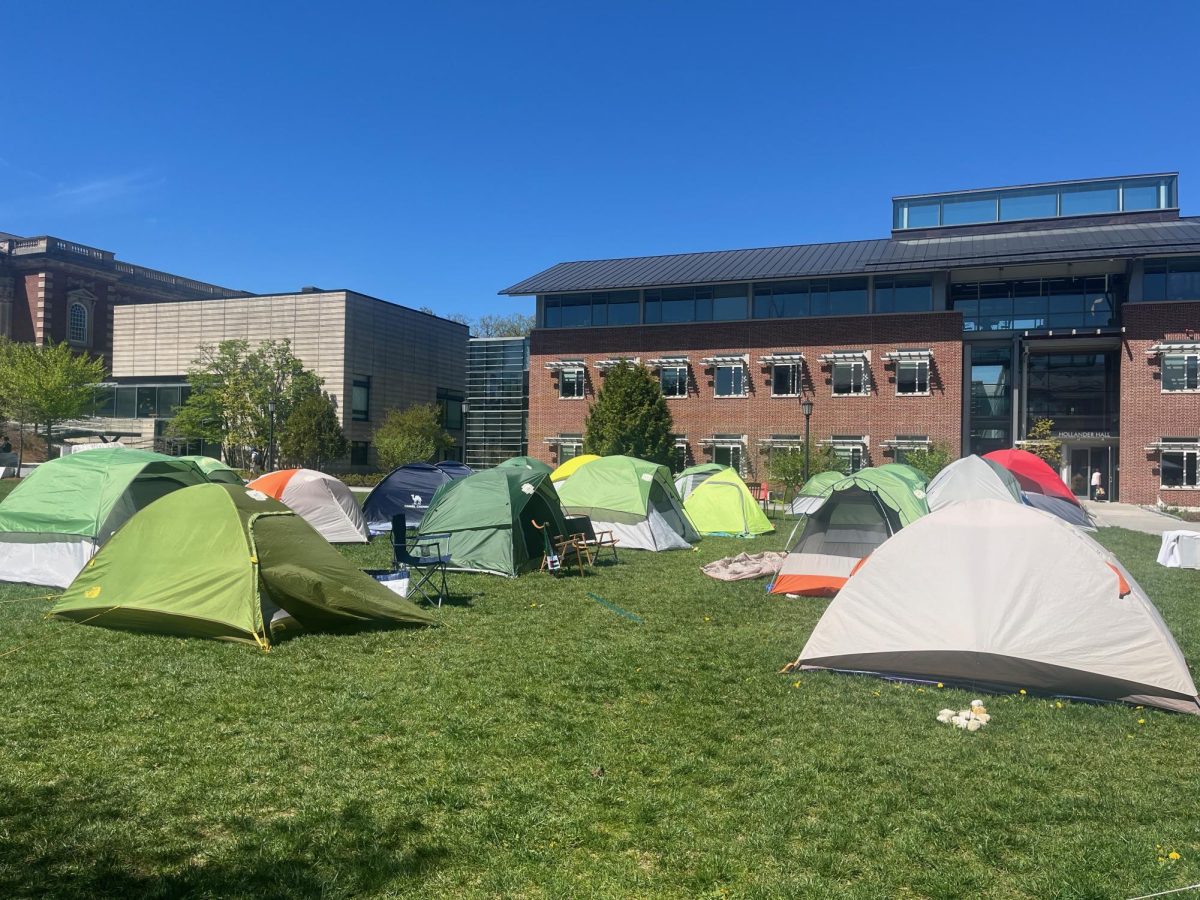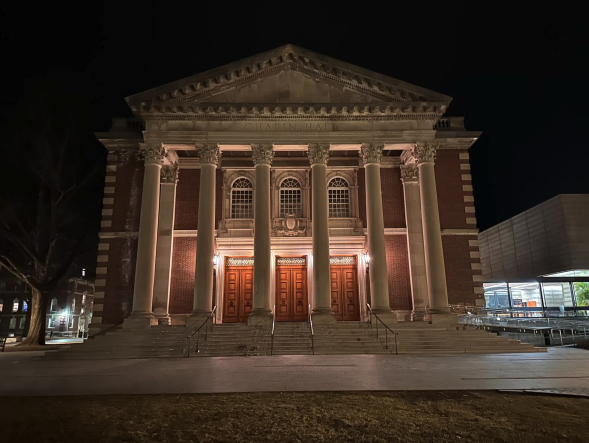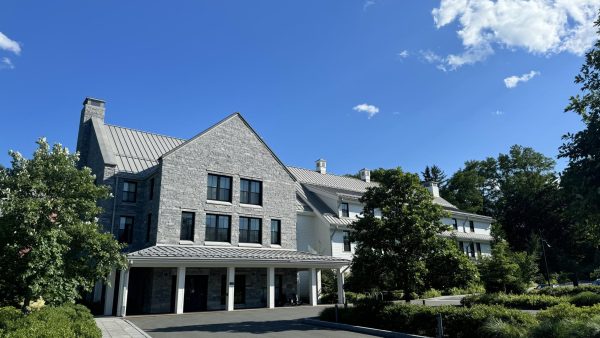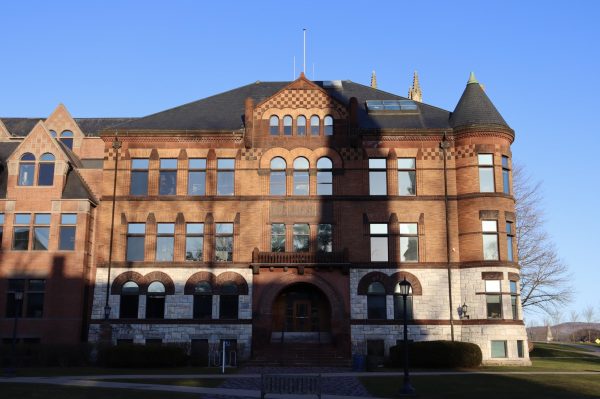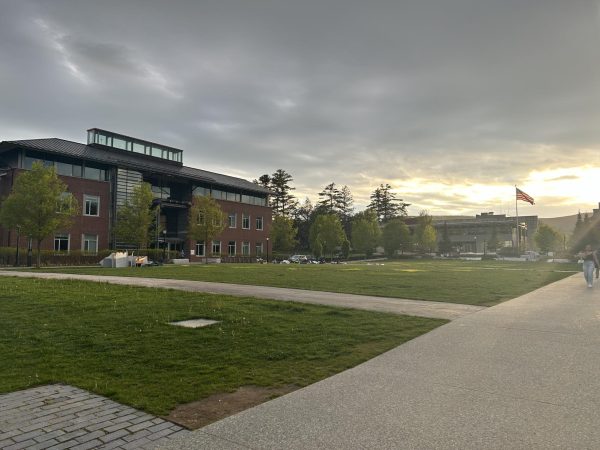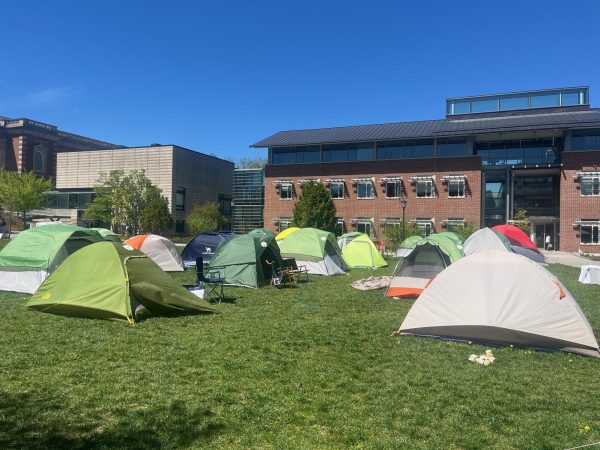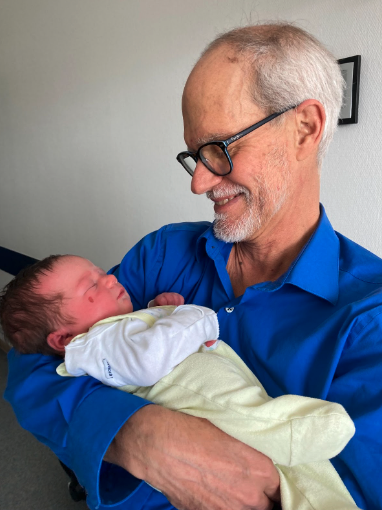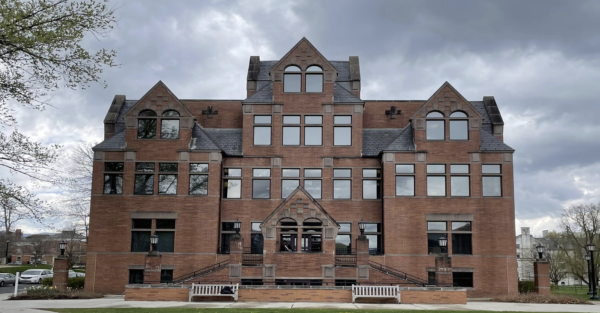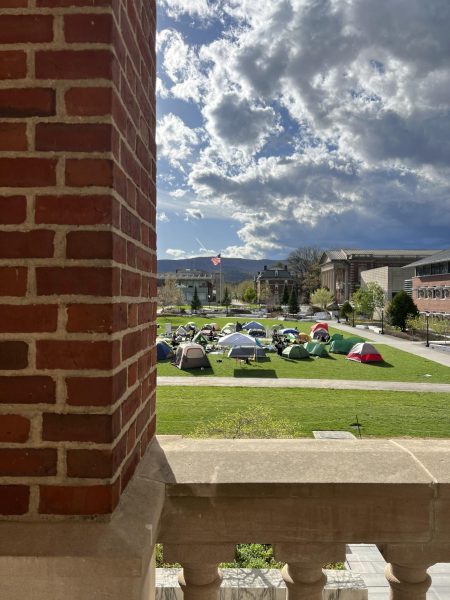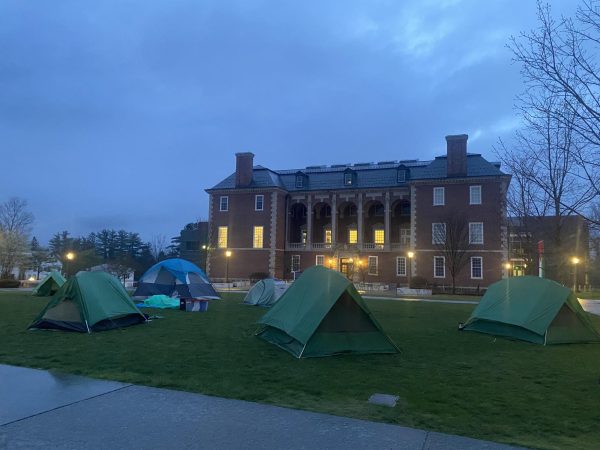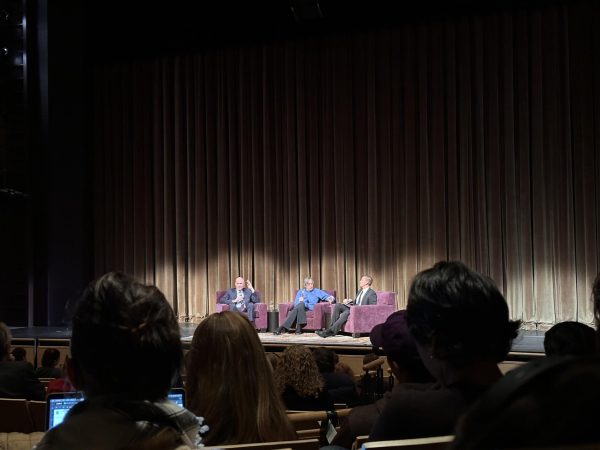Representatives from 21 offices to serve on new DEI committee
November 16, 2022
The Inclusion, Diversity, Equity, Awareness, and Action Working Group (IDEA²) — a new committee composed of 23 representatives from 21 offices across the campus, including the chaplains’ office, the dean’s office, Campus Safety and Security, and the Office of Communications — met for the first time on Oct. 5. The group, convened by the Office of Institutional Diversity, Equity, and Inclusion (OIDEI), seeks to assess the recent Diversity, Equity, and Inclusion (DEI) work done within members’ respective offices and help members refine their plans for such work. Following its first meeting last month, the group continues to meet each month.
The group is centered around the principles of community, innovation, responsibility, and restoration, according to its website. In addition to those principles, the group looks to “foster dialogue, facilitate collaboration, and offer collective support around engaging DEI values and goals” as well as to “empower institutional stakeholders to think outside the box and develop tools to support units as they consider DEI-related opportunities and challenges.”
Prior to the creation of IDEA², there was no official space for leaders of administrative units to discuss DEI-related issues together, Vice President for Diversity, Equity, and Inclusion Leticia S. E. Haynes ’99 said. In 2021, the College’s strategic plan — which outlines practical programs for the betterment of the College — suggested that every administrative and academic unit at the College establish a DEI plan.
After administrative offices had begun individual DEI planning, Haynes conferred with the OIDEI leadership team and several senior staff members from each department regarding the group’s membership. Those conversations resulted in the list of staff — primarily composed of individuals who report to the College’s senior leadership — that would form the membership of IDEA².
“We wanted to do something to bring people together who are leading units and initiatives across the institution — a diverse group of people, diverse areas, different types of operations — and create a space in which they could share with each other, leverage each other, learn together, and grow together,” Haynes said.
In addition to membership from offices across campus, four administrators from OIDEI — Assistant Vice President for Campus Engagement Bilal Ansari; Assistant Vice Presidents of Institutional Diversity, Equity, and Inclusion Toya Camacho and Clinton Williams; and Associate Dean for Institutional Diversity, Equity, and Inclusion Christopher Goh — facilitate discussion during IDEA² meetings.
During the group’s first meeting, the facilitators split representatives from the 15 departments present into four subgroups and fostered discussions about the current DEI processes within each of their units, Ansari said. Within his subgroup, Ansari heard a variety of responses. Some units, for example, said they have already hired DEI liaisons within their departments and developed multi-year DEI plans, while others are still working on coordinating DEI outreach and formulating core DEI actions within their departments.
In Camacho’s meeting, members focused on issues such as sourcing merchandise from diverse vendors — including how to recognize minority- or women-owned businesses — and developing recoupment and retention plans for staff, she said.
For Camacho, a significant goal of IDEA² is to translate plans into actions. “You can talk [about] this, but we actually want to see the [results],” she said. “So that’s how I come in and say ‘What can we do to help people thrive in your area?’”
Moving forward, IDEA² hopes to involve more members of the community in its work, Haynes said. “There is definitely a need to engage and a desire to engage students and student leadership as these units think through opportunities, challenges and the impact that their operations and initiatives have on the members of our community, including students,” she said. She added that future meetings of the group will likely occur during lunch hours so that designated members of student leadership can attend.
Ansari also expressed enthusiasm about the creation of IDEA². “It means that [OIDEI] isn’t the token office doing it alone, that every department and office has this centrally to what they are doing.”


